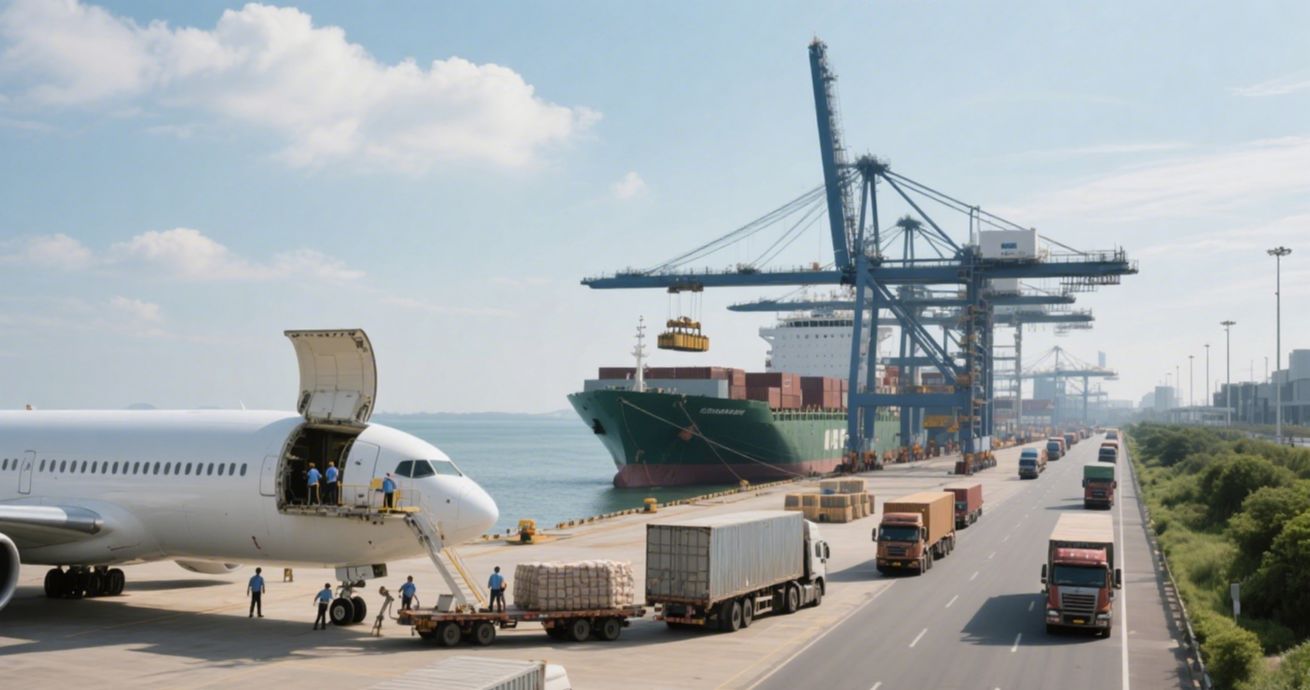
In our interconnected global marketplace, companies increasingly depend on robust logistics solutions to connect production centers with growing economies. For businesses establishing trade routes between China and Angola, managing international shipping complexities presents unique challenges. Each strategic choice – from freight forwarder selection to route optimization – directly affects shipment costs, transit times, and operational reliability. This guide examines proven methods for enhancing supply chain efficiency on the China-Angola trade corridor, helping enterprises maintain delivery schedules and exceed customer expectations.
The Growing Demand for China-Angola Trade
Angola, Africa’s second-largest oil producer, has diversified its economy over the past decade, creating opportunities for imports from China—a global manufacturing powerhouse. From construction materials and machinery to consumer electronics and textiles, Chinese products are in high demand. In 2023, bilateral trade between China and Angola exceeded $25 billion, with Angola importing over 60% of its goods from China. This surge underscores the need for robust logistics solutions tailored to the unique challenges of shipping to Angola, including infrastructure gaps, customs regulations, and port efficiency.
Key Challenges in Shipping From China to Angola
Infrastructure Variability
While Chinese ports like Shanghai and Shenzhen are among the world’s busiest, Angola’s ports—particularly Luanda—face congestion and limited capacity. This disparity can lead to delays in cargo handling and increased dwell times.Customs and Regulatory Compliance
Angola’s customs procedures require meticulous documentation, including certificates of origin, packing lists, and bills of lading. Non-compliance can result in fines or shipment holds.Cost Management
Fluctuating fuel prices, seasonal demand, and route inefficiencies often drive up shipping costs. Businesses must balance speed with affordability to maintain profitability.Security Risks
Piracy in the Gulf of Guinea and theft at ports pose risks to high-value shipments, necessitating secure transportation and insurance coverage.
Why Partner with a Specialized Cargo Agent?
A reputable cargo agent acts as a bridge between shippers and carriers, offering expertise in documentation, route planning, and risk mitigation. Here’s how they add value:
- Local Knowledge: Agents familiar with Angola’s regulatory landscape can expedite customs clearance and reduce delays.
- Network Access: They leverage partnerships with air, sea, and land freight providers to secure competitive rates and capacity.
- End-to-End Support: From warehouse storage in China to last-mile delivery in Angola, agents manage every step of the journey.
- Crisis Management: In case of disruptions—such as port strikes or weather events—agents provide alternative solutions to keep shipments moving.
For businesses seeking logistics solutions from China to Angola, partnering with a seasoned cargo agent is non-negotiable.
Freight Service Options: Sea, Air, and Land
1. Sea Freight: The Backbone of China-Angola Trade
Over 90% of goods between China and Angola travel by sea due to cost efficiency. Key considerations include:
- Port Pairs: Major Chinese departure ports (Shanghai, Ningbo, Shenzhen) connect to Angola’s Luanda and Lobito ports.
- Transit Times: Direct voyages take 25–35 days, while transshipment routes may extend to 50 days.
- Container Types: Full Container Load (FCL) suits large shipments, while Less than Container Load (LCL) is ideal for smaller quantities.
- Cost Factors: Sea freight rates fluctuate based on fuel prices, container availability, and carrier competition.
Pro Tip: Opt for a freight service provider offering real-time tracking to monitor vessel schedules and avoid port congestion.
2. Air Freight: Speed for Time-Sensitive Shipments
When urgency trumps cost, air freight is the preferred choice. Key advantages:
- Transit Times: 5–7 days from major Chinese airports (Guangzhou, Beijing) to Luanda’s Quatro de Fevereiro Airport.
- Suitability: High-value or perishable goods, such as pharmaceuticals or electronics, benefit from air transport.
- Cost Implications: Air freight is 4–5 times more expensive than sea freight but reduces inventory holding costs.
Limitation: Limited cargo capacity and strict weight restrictions make air freight impractical for bulk shipments.
3. Land Freight: Overland Routes via Neighboring Countries
Though less common, land freight via Zambia or the Democratic Republic of Congo offers an alternative for inland Angola destinations. This method combines sea freight to a neighboring port (e.g., Durban, South Africa) with trucking to final destinations like Huambo or Malanje. While slower than air freight, it avoids port delays in Luanda.
Optimizing Your Logistics Strategy
To minimize costs and maximize efficiency, consider these strategies:
- Consolidate Shipments: Use LCL sea freight for smaller orders to share container space and reduce expenses.
- Leverage Incoterms: Negotiate terms like FOB (Free On Board) or CIF (Cost, Insurance, and Freight) to clarify responsibilities between buyers and sellers.
- Invest in Technology: Use digital platforms for real-time tracking, automated documentation, and inventory management.
- Plan Ahead: Book shipments during off-peak seasons (e.g., after Chinese New Year) to avoid capacity crunches.
- Diversify Routes: Have backup plans in case of port closures or geopolitical tensions.
The Role of Winsail Logistics in Simplifying China-Angola Shipping
As a leader in international logistics solutions, Winsail Logistics combines global expertise with local insights to deliver seamless freight service from China to Angola. Our services include:
- Customized Route Planning: Tailored sea, air, or multimodal solutions based on your budget and timeline.
- Documentation Assistance: Expert guidance on customs forms, certificates, and compliance requirements.
- Cargo Insurance: Comprehensive coverage to protect against loss or damage during transit.
- 24/7 Support: A dedicated team to address queries and resolve issues promptly.
Whether you’re shipping construction equipment to Luanda or electronics to Benguela, Winsail Logistics ensures your cargo arrives safely, on time, and within budget. Visit https://www.winsaillogistics.com to learn more.
Future Trends in China-Angola Logistics
The logistics landscape is evolving rapidly, driven by technological advancements and shifting trade patterns. Key trends to watch:
- Digital Freight Platforms: AI-powered tools for dynamic pricing, route optimization, and predictive analytics.
- Green Logistics: Adoption of eco-friendly fuels and carbon-neutral shipping options to meet sustainability goals.
- Infrastructure Investments: Angola’s plans to upgrade its port facilities and rail networks will enhance connectivity and reduce transit times.
- Regional Trade Agreements: The African Continental Free Trade Area (AfCFTA) may simplify cross-border trade, benefiting China-Angola shipments.
Businesses that stay ahead of these trends will gain a competitive edge in the market.
Conclusion: Navigating the Future of China-Angola Shipping
Shipping from China to Angola presents both opportunities and challenges. By understanding the nuances of freight service options, partnering with a trusted cargo agent, and adopting proactive logistics strategies, businesses can overcome hurdles and capitalize on Angola’s growing economy. As trade volumes rise, the demand for efficient, reliable logistics solutions will only intensify. Companies that prioritize innovation, compliance, and customer-centric service will thrive in this dynamic landscape.
Whether you’re a seasoned importer or new to China-Angola trade, the key to success lies in choosing the right logistics partner. With expertise, technology, and a commitment to excellence, your supply chain can become a strategic asset rather than a cost center.
Ready to streamline your shipping operations? Explore tailored logistics solutions today and unlock the full potential of your China-Angola trade endeavors.
-
 Shipping From China to AngolaJul 18,2025
Shipping From China to AngolaJul 18,2025 -
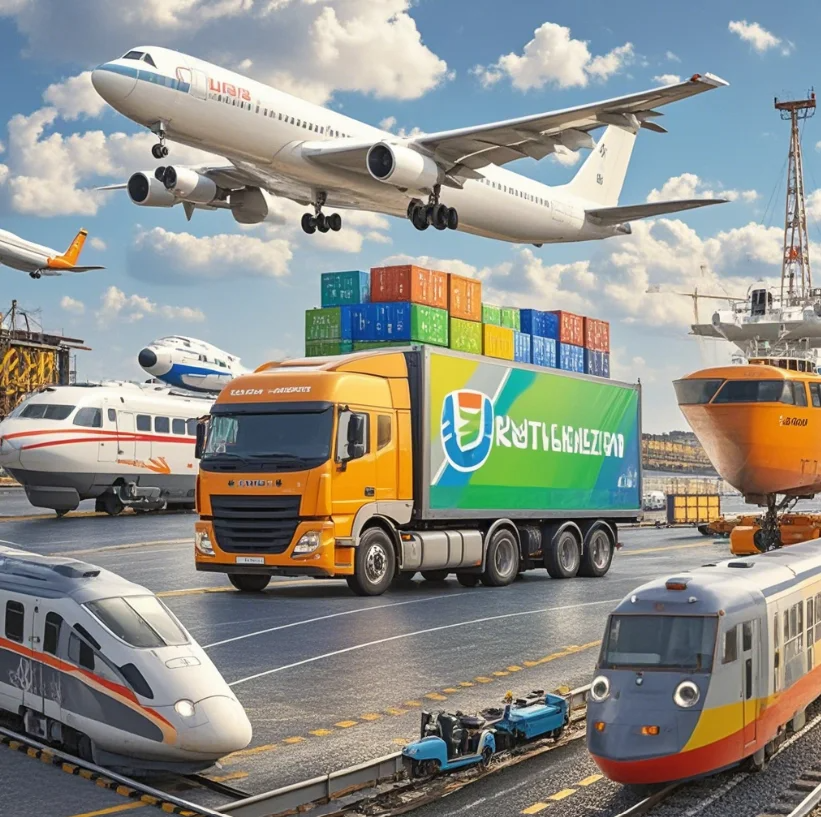 Shipping from China to Sudan Cost and TimeJul 17,2025
Shipping from China to Sudan Cost and TimeJul 17,2025 -
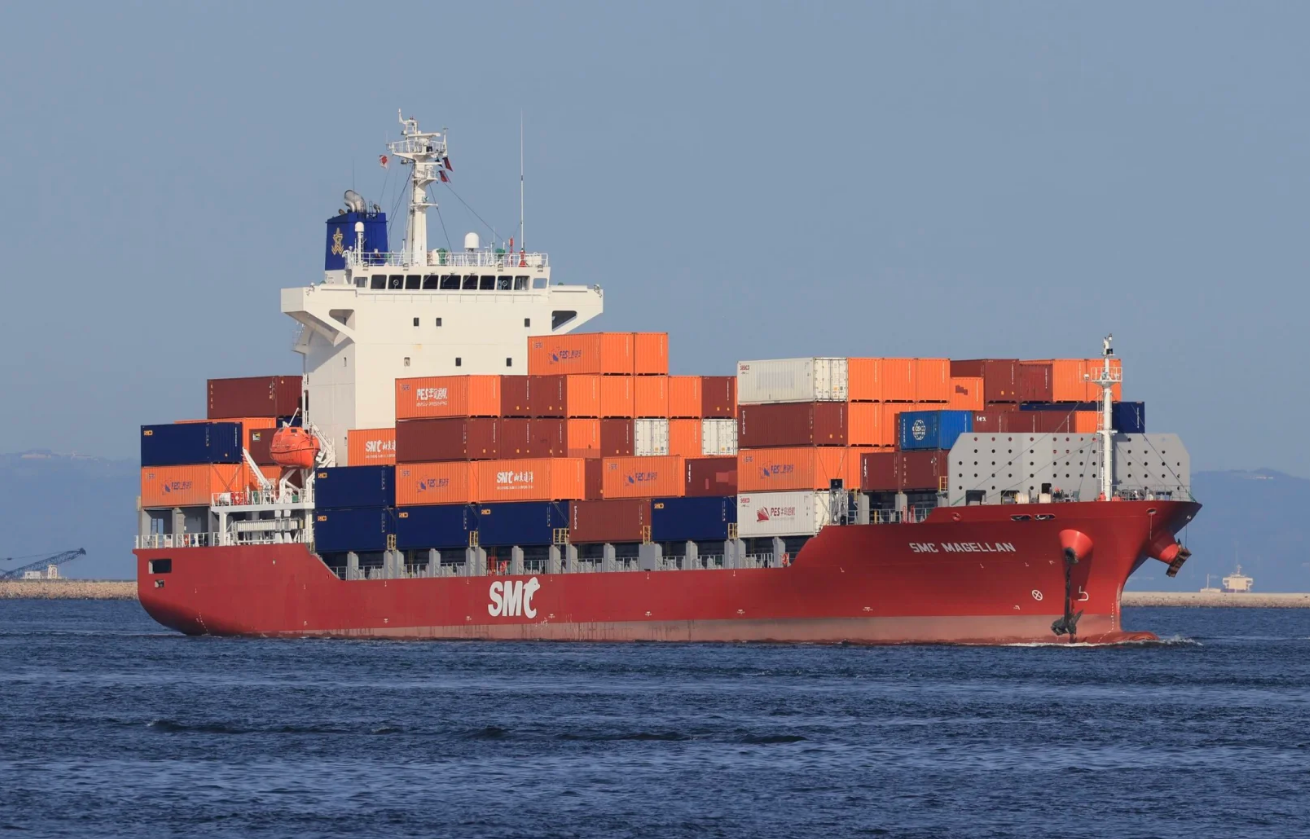 What Are the Advantages of Shipping with Winsail Freight?Jul 16,2025
What Are the Advantages of Shipping with Winsail Freight?Jul 16,2025 -
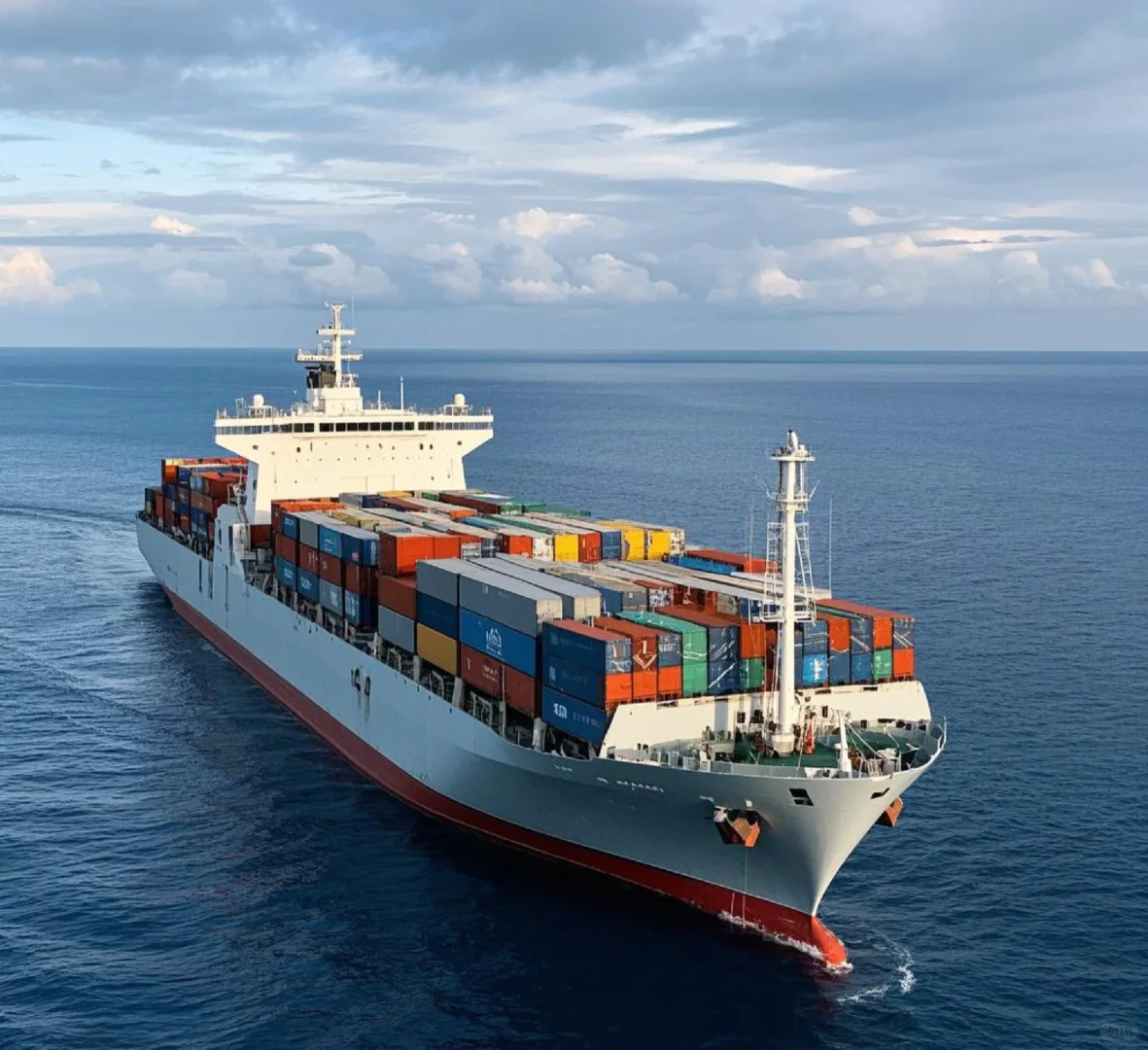 Tips to Find the Best Freight Forwarder: Your Guide to Seamless Logistics SolutionsJul 15,2025
Tips to Find the Best Freight Forwarder: Your Guide to Seamless Logistics SolutionsJul 15,2025 -
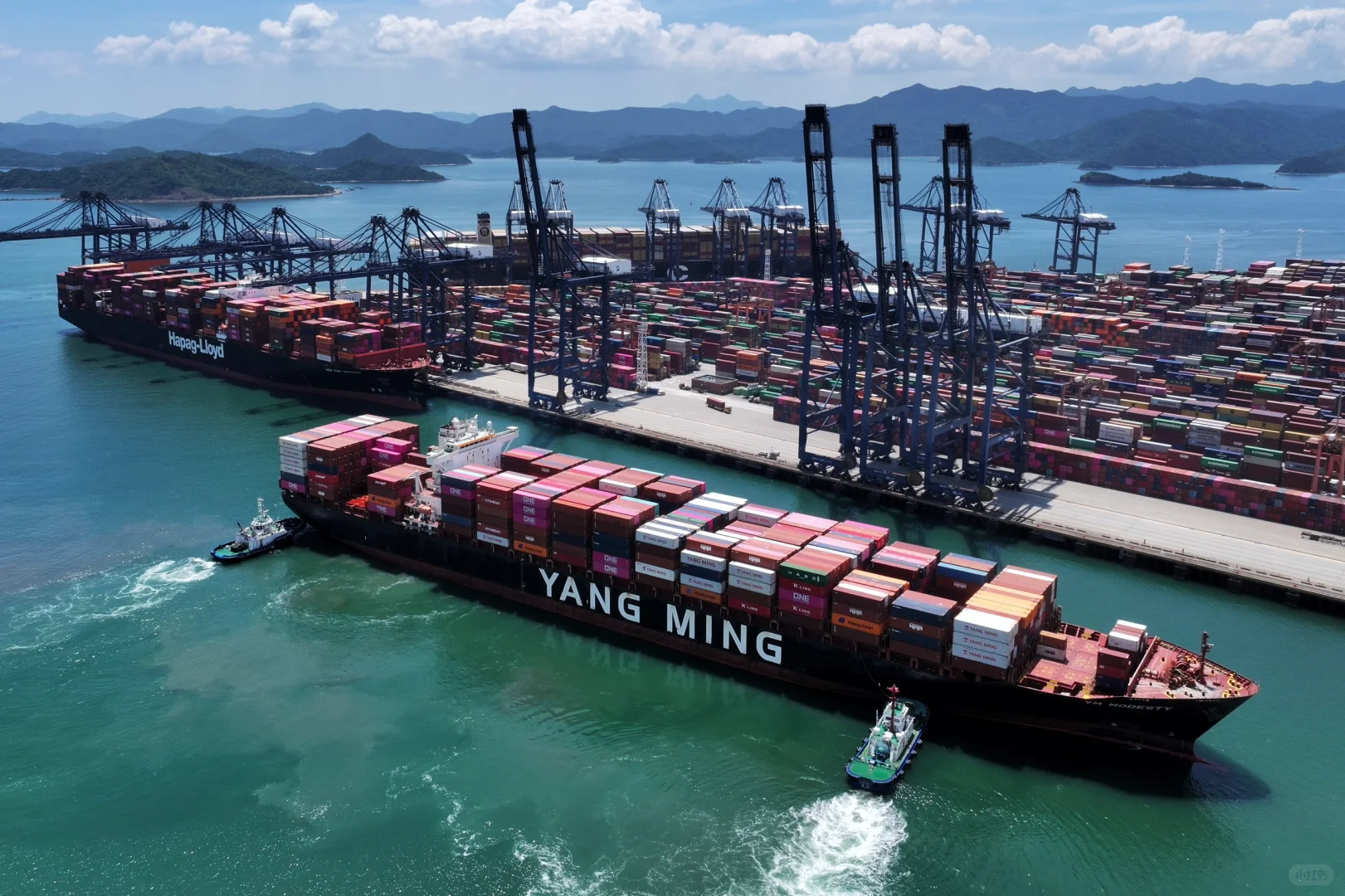 Do I Have to Buy Cargo Insurance from China to USA?Jul 11,2025
Do I Have to Buy Cargo Insurance from China to USA?Jul 11,2025 -
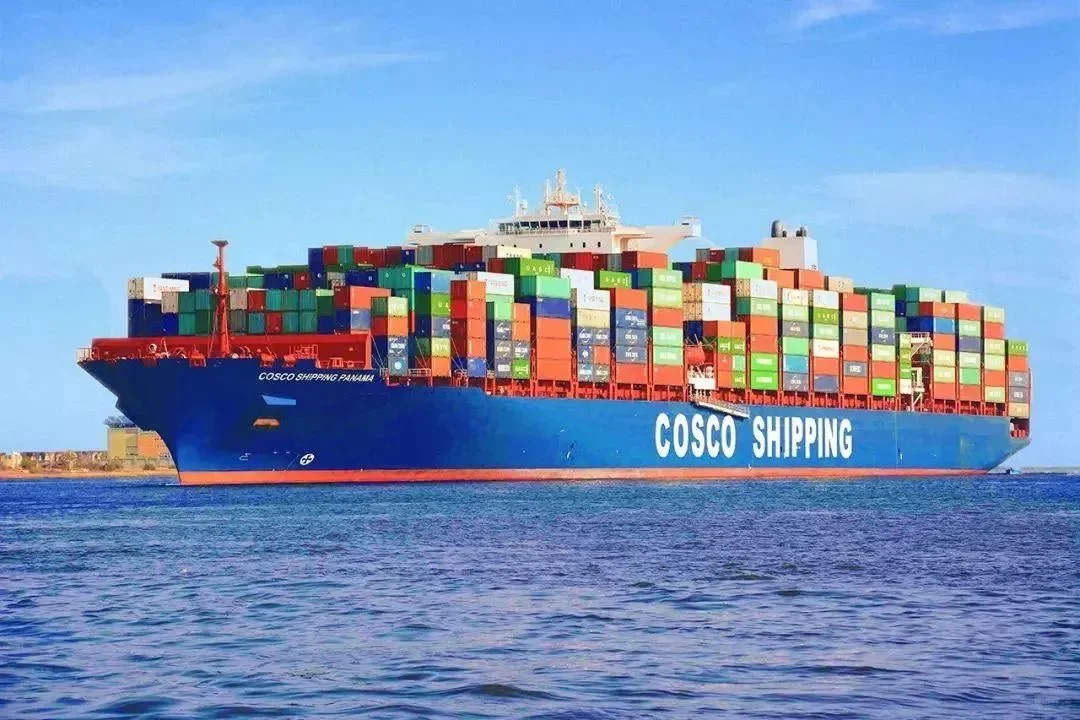 How to Track the Shipment from China to USA?Jul 10,2025
How to Track the Shipment from China to USA?Jul 10,2025

